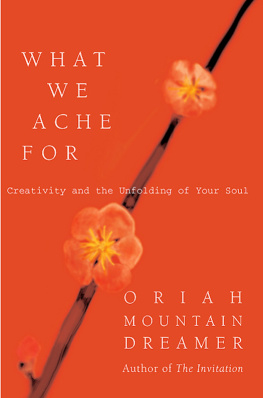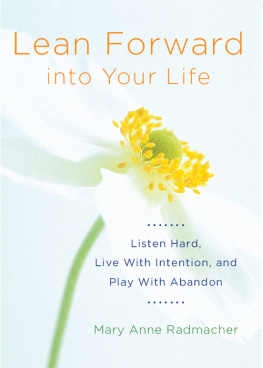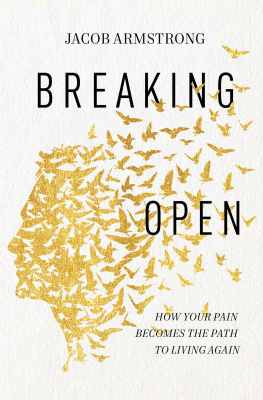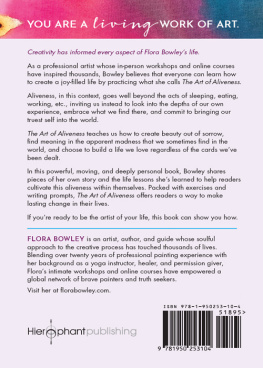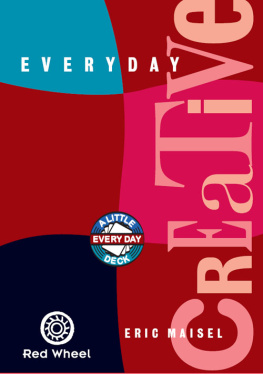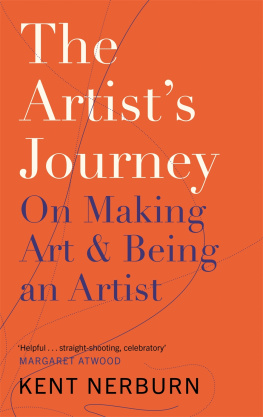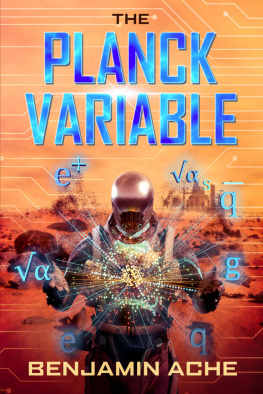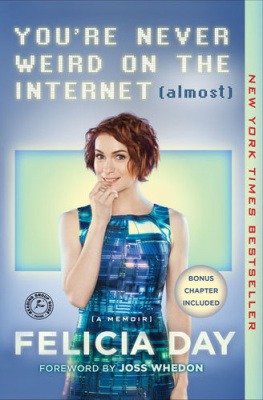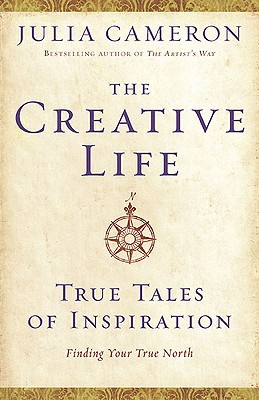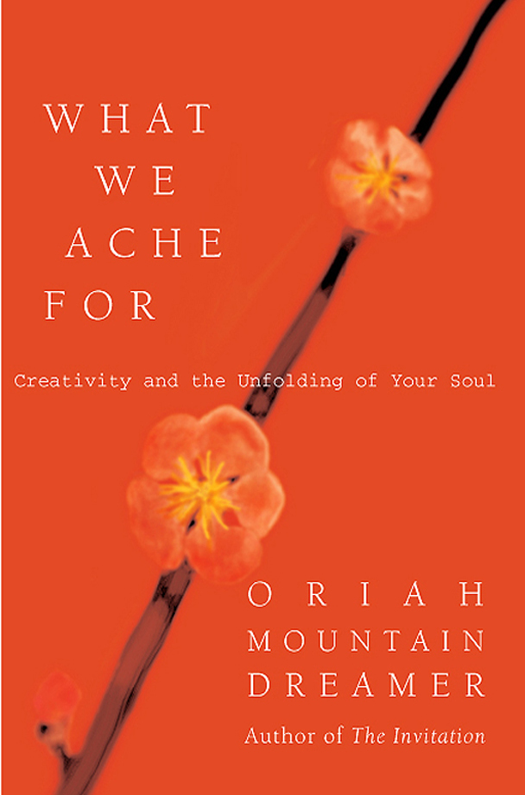W e ache to touch intimately what is real, to find the marriage of meaning and matter in our lives and in the world. We ache to feel and express the fire of being fully alive. When we cultivate and refuse to separate those essential expressions of a human soulour spirituality, sexuality, and creativitywe feed the fire of our being, we find that place where the soul and the sensuous meet, we unfold. Willing to do our creative work and refusing to separate it from our sexuality or our spirituality, we add a life-sustaining breath to the world.
Yesterday I received news about two people seeking death. One, the elderly mother of a dear friend, declares repeatedly to those at her bedside that she is ready to go, finished with life in a body that seems to be failing by painfully slow incremental steps. Her son, my friend, writes to me of her struggle to leave. Sometimes she verbally rambles, sometimes she lucidly recalls old songs and stories. Mostly she is quiet, waiting. She lies in bed refusing to eat, willing herself to go, spasms running through her limbs from the effort of trying to leave her body, only to find one breath following another and another, continuing against her will.
The other is an old friend who was briefly a lover many years ago, a gifted architect in his late sixties who, despite being well loved by his wife and children as well as many friends, has struggled with depression for years. He disappeared four days ago, and those closest to him fear that he has lost his fight with some inner darkness and has jumped unnoticed from the ferry near his home, has been swallowed by the watery darkness of a January night.
Both bits of news arrived yesterday but only reached me today. Sometimes it takes time for unwelcome information to find a way around the defenses of daily living. This morning I said prayers for the man and the woman and for those who love them and went about my business. But this afternoon, as I drove home from picking up eggs and milk in the village nearby, I noticed the way the crimson light of the setting sun seemed to set the ice-covered trees at the side of the road on fire. Something in this impossible marriage of fire and ice made the muscles of my chest tighten. And these stories of death finally penetrated my body. My skin flashed hot and I was drenched in sweat, and then a bone-deep chill swept through me as I thought of the sought-after deaths: one, the feverish exertion of trying to leave the body; the other, a cold end in black water. The words of the Robert Frost poem Fire and Ice ran through my mind.
Some say the world will end in fire,
Some say in ice.
From what Ive tasted of desire
I hold with those who favor fire.
But if it had to perish twice,
I think I know enough of hate
To say that for destruction ice
Is also great
And would suffice.
I felt how often we are headed in the wrong direction, fighting the wrong fight, battling with reality and losing. I thought of the aspects of myself that are like this woman and this man: how I strive over and over again to determine something with my will despite all the evidence that it is simply not up to me; how I sometimes mistake surrender for giving up and giving over to that which would rob me of life. To the woman, to the willful aspect of myself, I want to say, Let go. Let it be as it is. Even this you cannot make happen as you think it should, and if you keep trying, the ease you long for will continue to elude you, and you and those who love you will suffer. It is not your life but simply Life, and it will take its own time, follow its own rhythm. To the man, to the part of me that at times, if only for a moment, has felt the icy chill of despair that comes when I realize I am once again not handling well what life has given me, I want to say, Dont. Dont even allow the thought of throwing it away. Isnt life already too short, over too soon for all that waits to unfold within us? Fight for it. Reach for it, if not for yourself, then for those who come after us, for all of our children. Dont.
I wonder and am somewhat dismayed at how often we hang on where we need to let go and give up where we need to persevere.
I am surprised by how deeply I am touched by these two stories. Connection make us vulnerable to grief and loss even as it offers us the intimacy that heals and sustains us. As I read my friends letter I think of my own sons and know how much it must mean to this woman to have her son with her as she dies. And I think of my mother and remember that whatever else is true of our relationships with our mothers, they have been the very ground of our physical existence, and so their passing must send a tremor through the emotional earth upon which we stand, must leave us bereft in some fundamental way even when we can anticipate and accept the inevitability of the loss.
Waiting to hear if they have found the body of the man I once knew, I am surprised at how past intimacy makes this loss seem immediate despite the fact that we have had only minimal contact in recent years. I have had other friends die but never one with whom I made love. I dont know why this makes a difference, but it does. Imagining him now, pale and cold from the water, I remember the heat of his hand on my belly as we talked and laughed together in bed. Long-forgotten details return: his skin, soft and salty-sweet; the sound of his breathing blending with the song of the crickets outside the cabin we shared; his habit of rolling toilet paper into earplugs so he could sleep in an inner silence. I wonder and am shaken by the knowledge that despair could win with someone so curious about himself and the world.
As I write I feel both the futility of the words to change what is and how writing, my form of creative work, offers me a way to be with what is. Because who each of us is at the very deepest level of our being, the Sacred Mystery in the form of an individuated soul, is capable of being with it allthe joy and the sorrow, the struggle and the ease, the fire of living and dying, and the ice of despair and desperation. And our essential human nature, our capacity for awareness, for being with what is with an open heart and mind, is cultivated, expressed, and reflected in how we live three aspects of our lives: our spirituality, our sexuality, and our creativity. These three are inseparable expressions of the human soul, that divine life force expressed as a particular human being living in the world. Consciously cultivating and refusing to separate our spirituality, sexuality, and creativity is the way we tend the life of the soul, individually and collectively. It is the way we unfold.
Let me define these three terms as I am using them here. Our spirituality is our direct experience of that which is paradoxically both the essence of what we are, the stuff of which everything is made, and that which is larger than us. We can call it God, the Sacred Mystery, the Great Mother, the divine life force, fertile emptiness, clear light awareness, love, beauty, truth. The possibilities are endless. Some experience it through the practices of a religious tradition. For many lifes holiness touches them unexpectedly when they attend a birth or sit at the bedside of someone who is leaving this world. Sometimes a direct experience of the sacred comes when we simply bring our full attention to an ordinary moment. Fully present, we experience a presence within and around us, an all-inclusive vastness that is beyond words or thoughts. These moments of being awake to the divine within and around us offer us a sense of purpose and meaning, an appreciation for the wholeness of life even as what we experience in these moments may be impossible to articulate or explain.

